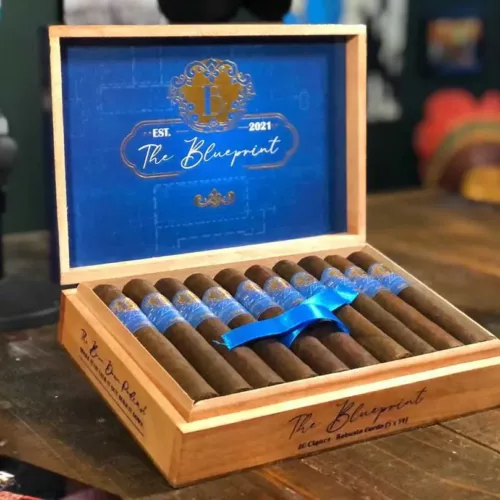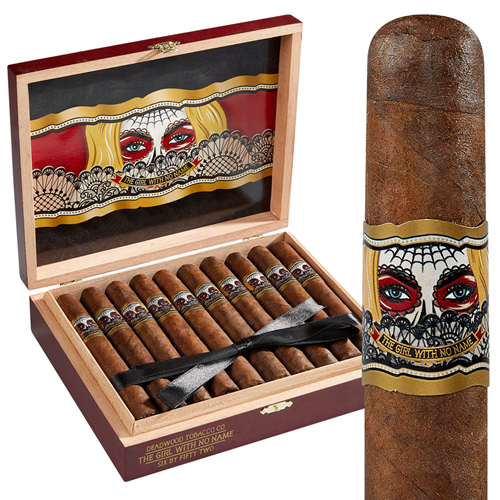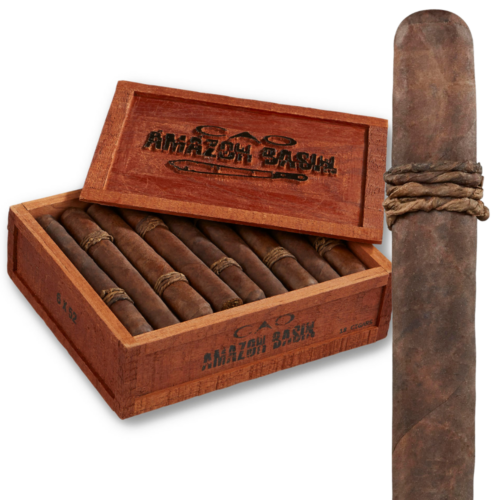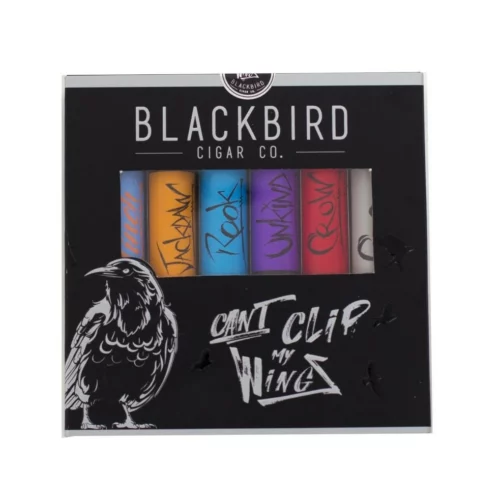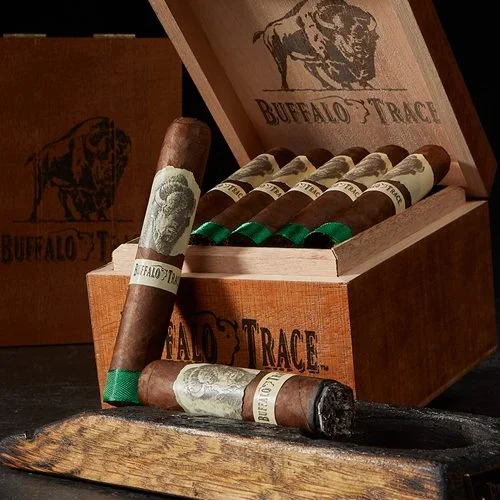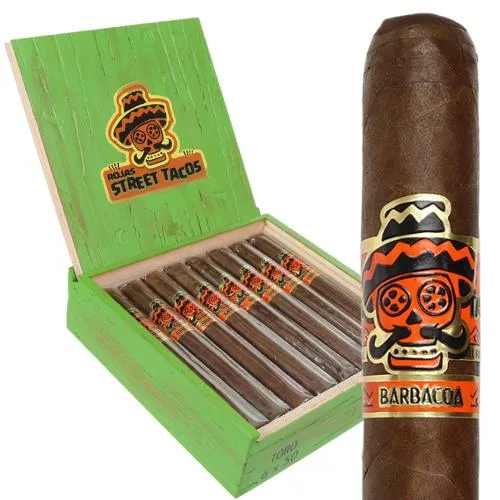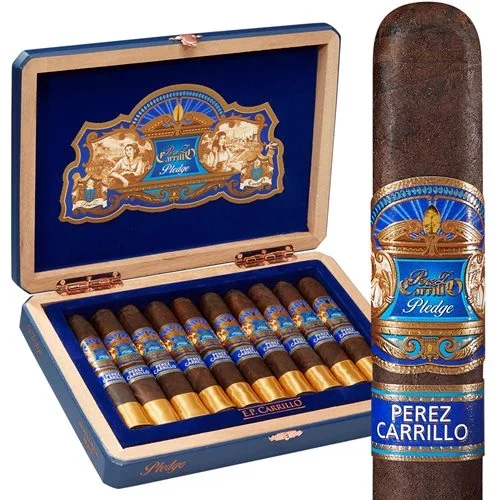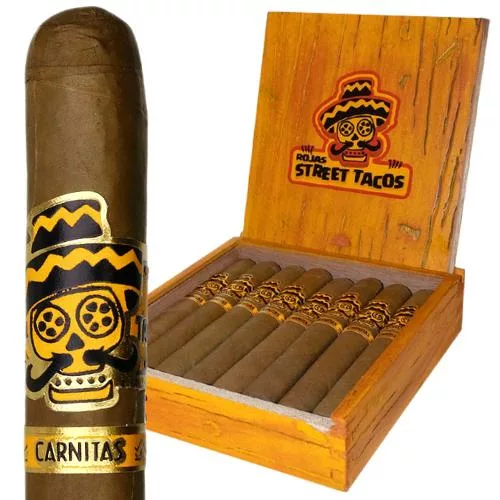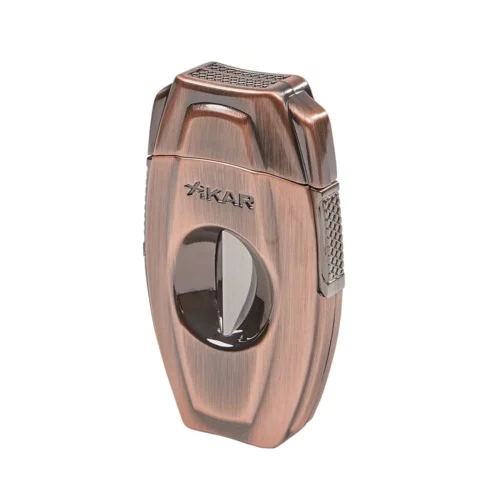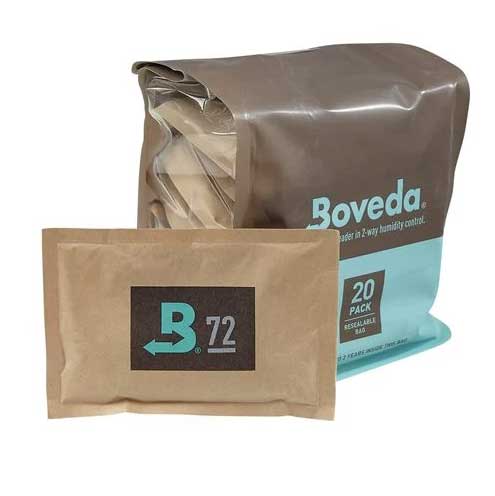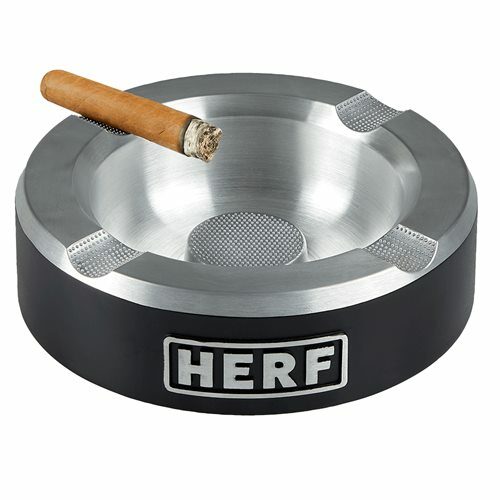Ever find an old cigar you forgot about (or hid a little too well)? Or maybe you’ve stumbled across a departed relative’s stash, and you want to smoke one in their honor? Like finding cash in an old coat or pair of pants, it really can be a nice little surprise. But are old cigars OK to smoke after they’ve been sitting around?
Thankfully, cigars can stay fresh for a long time, and they don’t have an expiration date. If they’ve been stored well, you can still enjoy cigars years later. But when cigars haven’t been kept in great conditions, they can dry out or even rot from too much humidity. Over time, the flavor profile of a cigar will change, too.
What Happens to a Cigar Over Time?
After a while, a cigar’s structure and flavor profile will change. For example, when cigars are kept out and exposed to dry air, the tobacco leaves will crack. A dry cigar can be smoked (it’s not dangerous), but it’s not the best: The cigar will burn really hot and fast. Plus, all the oils from the leaves will have evaporated, so the flavors will be dulled down.
On the other hand, when cigars absorb too much moisture, they can grow mold…and nobody wants to puff on that.
So, the real question is not how old the cigar is, but whether it has been properly stored.
Are Old Cigars OK to Smoke? And How Can You Tell?
There are a few ways to ensure your aged cigar is OK to smoke.
Give it a whiff. The classic smell test—it works for everything! You want your cigar to smell like healthy tobacco leaves: leather, wood, and everything good. Depending on what type of cigar it is, you’ll be able to pick out scents of spicy and sweet. You’ll know it’s bad news when you’re not able to smell your cigar.
Feel it out. Give your cigar a gentle pinch, starting at the top and going all the way down. What you’re looking for is a bit of pliability. If there’s too much give and your cigar is on the softer side, it might have absorbed too much moisture. If you feel the tobacco leaves cracking under pressure, or they’re too firm with no give, it’s starting to dry out. Both of these issues can be fixed if you find them in the beginning stages.
Check for mold. You’ll know it when you see it. Mold has a greenish-blue color and a texture that’s kind of pasty (meaning it can’t be simply brushed off the surface). Like a moldy loaf of bread, if one piece is tainted, it’s likely the others are as well—and the same goes for cigars. Mold can also ruin your humidor or cigar box. So, if you spot it anywhere, it’s wise to check everything.
Taste test. If you like living on the edge, you can do the taste test first, but we highly recommend this step after you’ve done the smell test and you’ve determined your aged cigar is mold free. Getting your palate involved is the top way to know if your cigar is still good. You’ll know right away if your cigar is dry because the flavor will be dim and it’ll burn fast. When your cigar has been stored well, you’ll get a rich, smooth-tasting smoke.
Notice the draw. Taking in smoke through a good cigar will be effortless once you cut the end. If you find the smoke challenging to draw into your mouth, chances are your cigar has been exposed to too much humidity. Aging cigars in the right environment ensures they stay fresh and delicious.
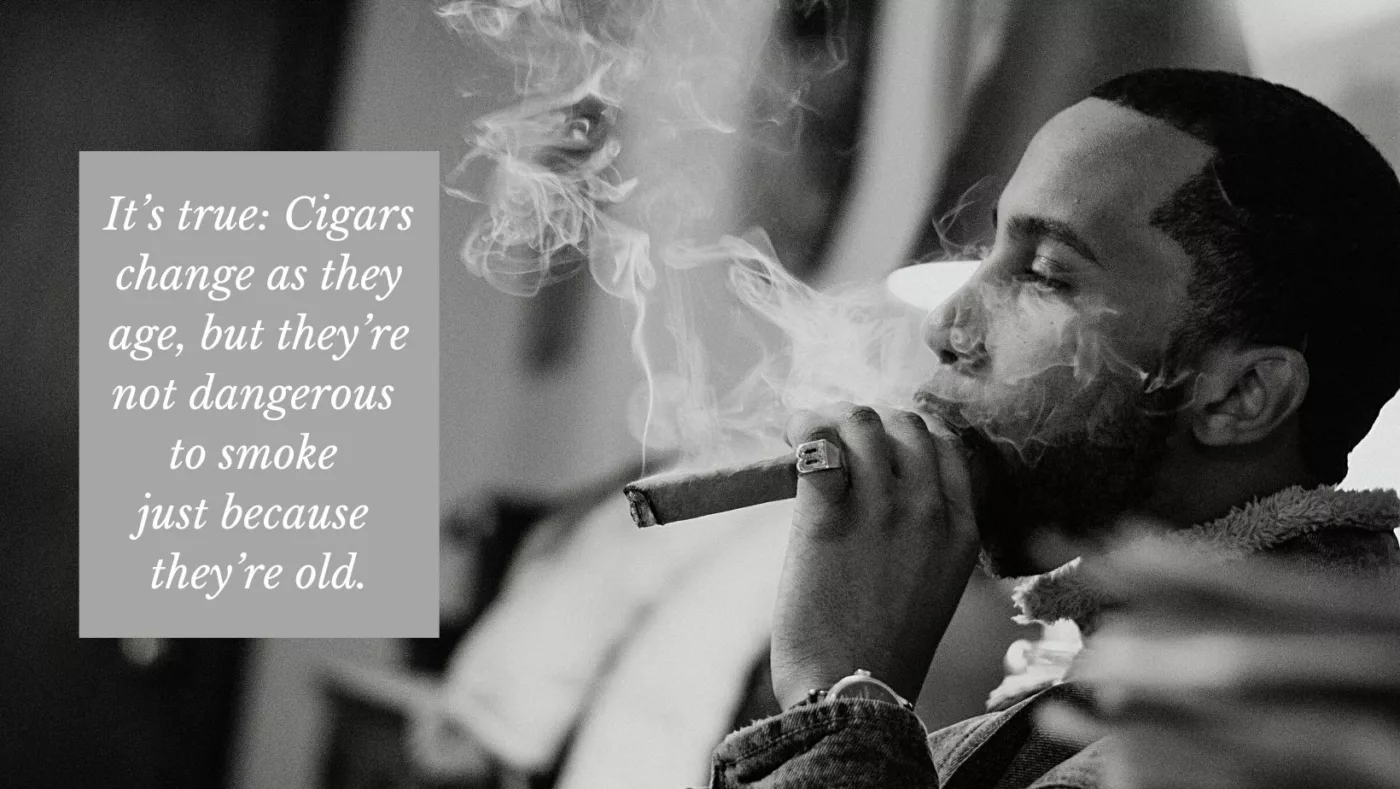
Is it Dangerous to Smoke an Old Cigar?
It’s true: Cigars change as they age, but they’re not dangerous to smoke just because they’re old. Cigars are like <ahem> certain family members: If they’re bitter, just leave ’em alone for like a year and they’ll be way more palatable by the time you see them again. A great thing about cigars is they can actually improve as they age.
Over time, distinctive flavors from different tobacco leaves rolled together to form the cigar will become one smooth experience. When a really intense cigar has aged, it will mellow out. Think of it like a full-bodied wine in a decanter: The harshness will be left behind, once it has the chance to rest for a bit.
Keep in mind, not all cigars are better as they mature. Cigars that have been resting for a long time can develop differently, depending on the environment they’ve been in.
Keep Your Cigars from Going Bad
The best way to keep cigars in great condition is to store them in a humidor—a container, usually made of cedar wood, designed to create the best conditions for storing cigars in a perfectly humid space.
Boveda packets help regulate humidity in a cigar box or humidor and are always good to have on hand, especially if you live in a dry environment. Keep an eye on your cigars while they’re being stored—check in on them so you can catch any problems that might come up over time.
Cigars typically come wrapped. This isn’t for freshness; it’s for protection. If the outer layer of your cigar gets dented or ripped, then all the inner layers will be compromised. When the wrapper stays on, the cigar has an extra layer guarding it.
At the end of the day, an aged cigar provides some of the best flavors a smoker could ask for. While a cigar matures over time, its complex flavor profile will develop into a smooth and refined taste. The key to the greatest matured cigar is storing it well and keeping an eye on its development over time by smelling, feeling, and tasting it along the way.

